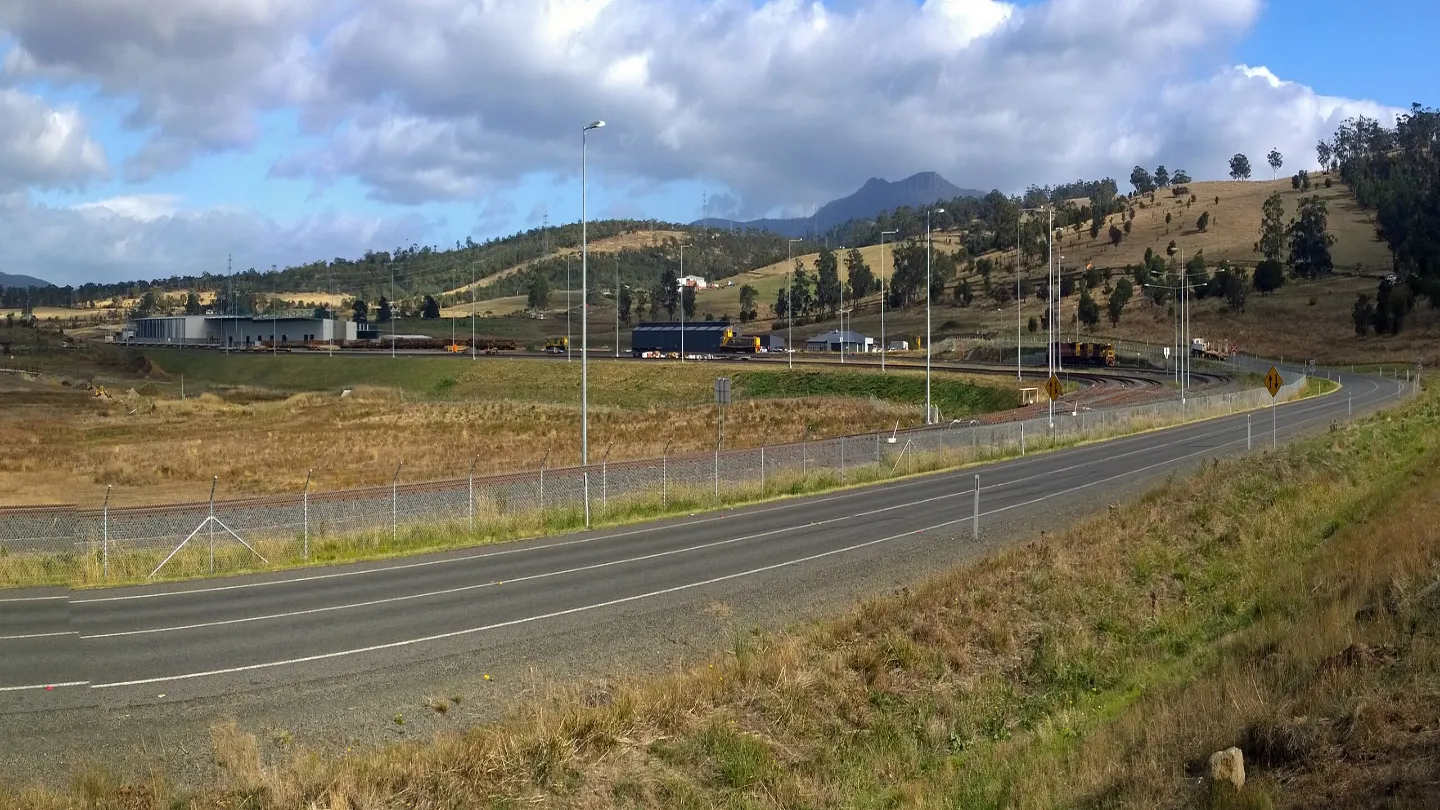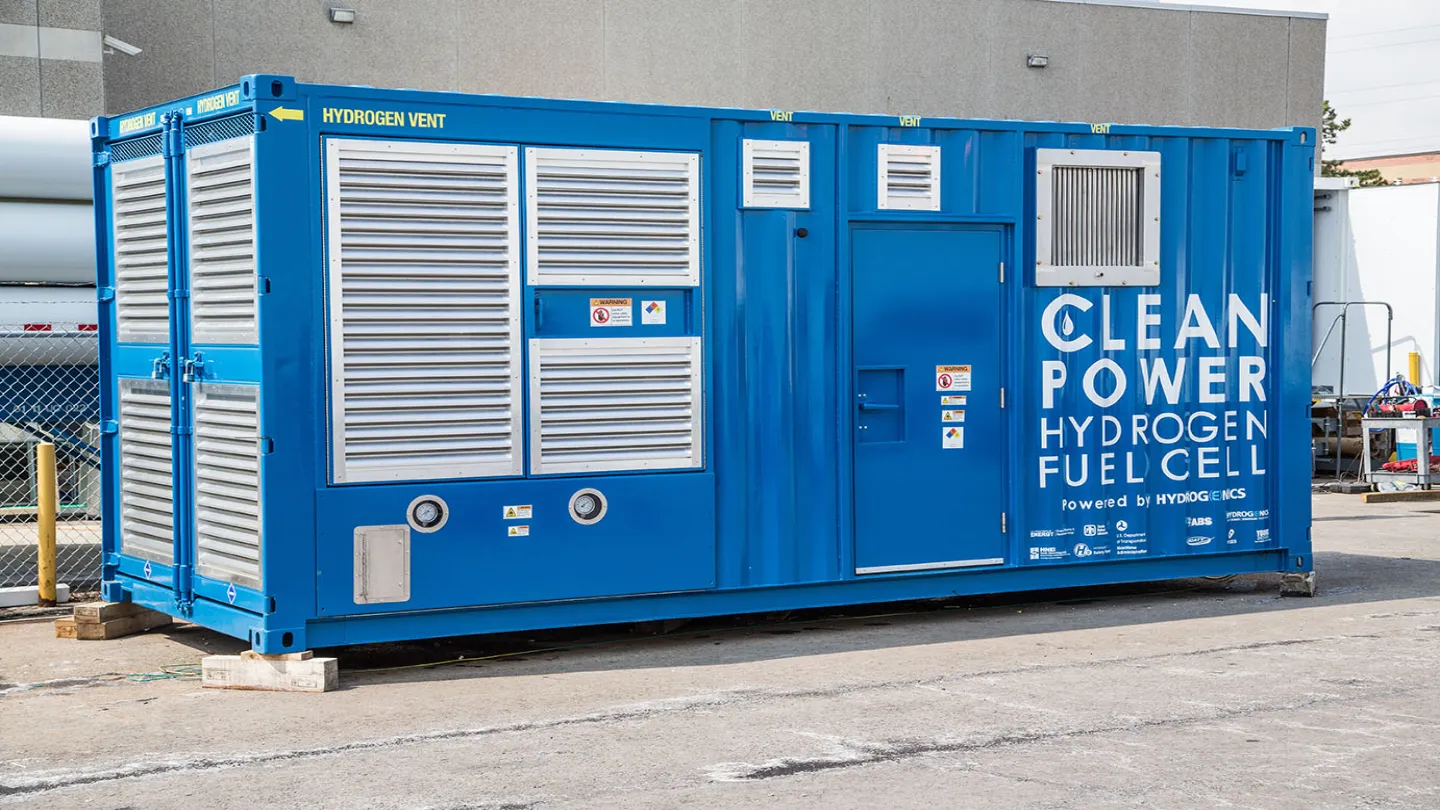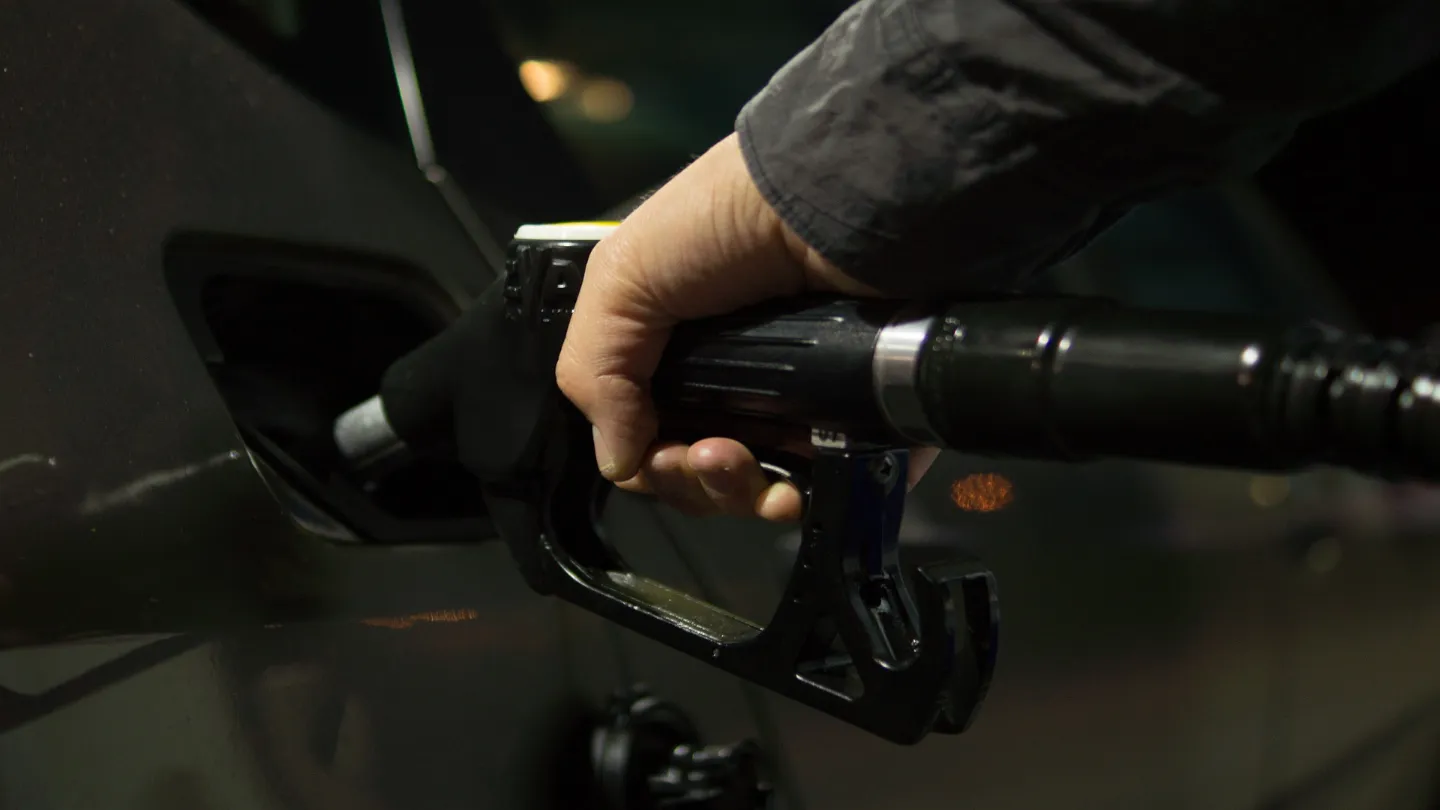The Hydrogen Brighton Project is proposed to be developed in Tasmania, Australia, to deliver green hydrogen to the heavy transport sector and industrial customers.
The project will be developed by ReNu Energy-subsidiary Countrywide Hydrogen under the banner of Hydrogen Hyways which seeks to deliver end-to-end hydrogen transport ecosystem.
Countrywide Hydrogen targets a Final Investment Decision (FID) on the project in the second half of 2024, subject to completion of project financing and other requirements.
Based on this timeline, Hydrogen Brighton Project may begin commercial operations in early 2026.
Once operational, the facility, with electrolyser capacity of 5MW, will supply up to 818 tonnes of hydrogen per year.
Power generation, hydrogen production and balance of plant are estimated to cost A$60m ($40.46m).
The Tasmanian Government agreed to provide A$8m funding through its Green Hydrogen Price Reduction Scheme (GHPRS) to Countrywide in May 2024. The funding will be paid after the company starts delivering green hydrogen to customers from its multiple proposed Tasmanian sites including Brighton.
Hydrogen Brighton Project Location
The hydrogen hub will be located in Lot 2 Glenstone Road Bridgewater adjacent to the Brighton Transport Hub in Tasmania.
The project will be around 20km to the north-northwest of Hobart. It will cover an area of 2.86 hectares (ha).
The site, primarily an agricultural land, is surrounded by General Industrial and Utilities zoning on the south, Rural Land zoning on the west and the north and Environmental Management zoning on the east.
Hydrogen Brighton Project Infrastructure
The proposed Brighton Hydrogen Hub will be developed as a green hydrogen electrolysis production facility.
The site will host a 5MW hydrogen production facility, which can be scaled up to 10MW in future.
Key process equipment will include electrolyser module; dry cooling module; utilities module; hydrogen compressor; storage bank (3 x 200kg Type IV cylinders); and hydrogen dispenser.
Apart from these, the site will house an electrical equipment enclosure; office/control room; a maintenance building; a chemical store; and hydrogen refuelling station (HRS) and its shelter.
The electrolyser will use a Proton Exchange Membrane (PEM) working as a solid polymer electrolyte.
During water electrolysis, electricity will pass through the stack to split water into hydrogen and oxygen. Hydrogen will then pass through the membrane towards the cathode.
The HRS will be capable of refuelling up to six Multi Combination (MC) heavy vehicle hydrogen fuel cell trucks. It can also transport hydrogen to Tas Gas natural gas network.
Hydrogen Production Process
Water received from Tasmania’s water and sewage utility TasWater will enter electrolyser water treatment system consisting of reverse osmosis, electro-deionisation, and polishing beds.
The treated water will then be injected into the electrolyser to electrochemically split into separate hydrogen and oxygen streams at 70oC and 40 barg.
The two streams will enter hydrogen-water and oxygen-water separators, respectively, to obtain a combined water stream. This water stream will be sent back to the water treatment system.
Hydrogen, recovered from the hydrogen-water separator, will be pumped into a hydrogen dryer yielding 99.9% green hydrogen product at 30oC and 40 barg.
The hydrogen product will be delivered to two off-take points- a tie-in point to a 5 barg hydrogen High Density Polyethylene (HDPE) pipeline with a maximum capacity of 1,650 kilograms per day (kg/d); and the HRS with a 350-bar dispenser with a maximum capacity of 500kg/d.
The hydrogen dryer will deliver hydrogen into the buffer storage vessel to transport via the pipeline.
Hydrogen on the HRS side will be directed from the dryer to the HRS compressor and into a cascade storage bank at 150 to 500 barg. The cascade storage cylinders will be connected to the hydrogen dispenser to fill the vehicle tanks.
The project site will also have tube trailers as alternative sources of hydrogen.
Contractors Involved
The notice of intent report for the Hydrogen Brighton Project was prepared by Australian engineering and environmental consultancy Pitt&Sherry.
In July 2023, Wasco (Australia) was selected as the construction contractor for the project. New Zealand- based liquefaction systems and composite cryogenic vessels provider Fabrum Solutions would provide HRS for the project.
The PEM electrolyser will be delivered by hydrogen fuel cell systems developer Plug Power. Hydrogen compressor and dispenser will be supplied by Howden and Bennett, respectively.
Countrywide Hydrogen selected the technology, preferred suppliers, basic design, and capital cost estimates for the project with the support of engineering company Wood.
European financial services group Societe Generale is also associated with the project as a partner.
Water for the project will be procured from TasWater’s network.





